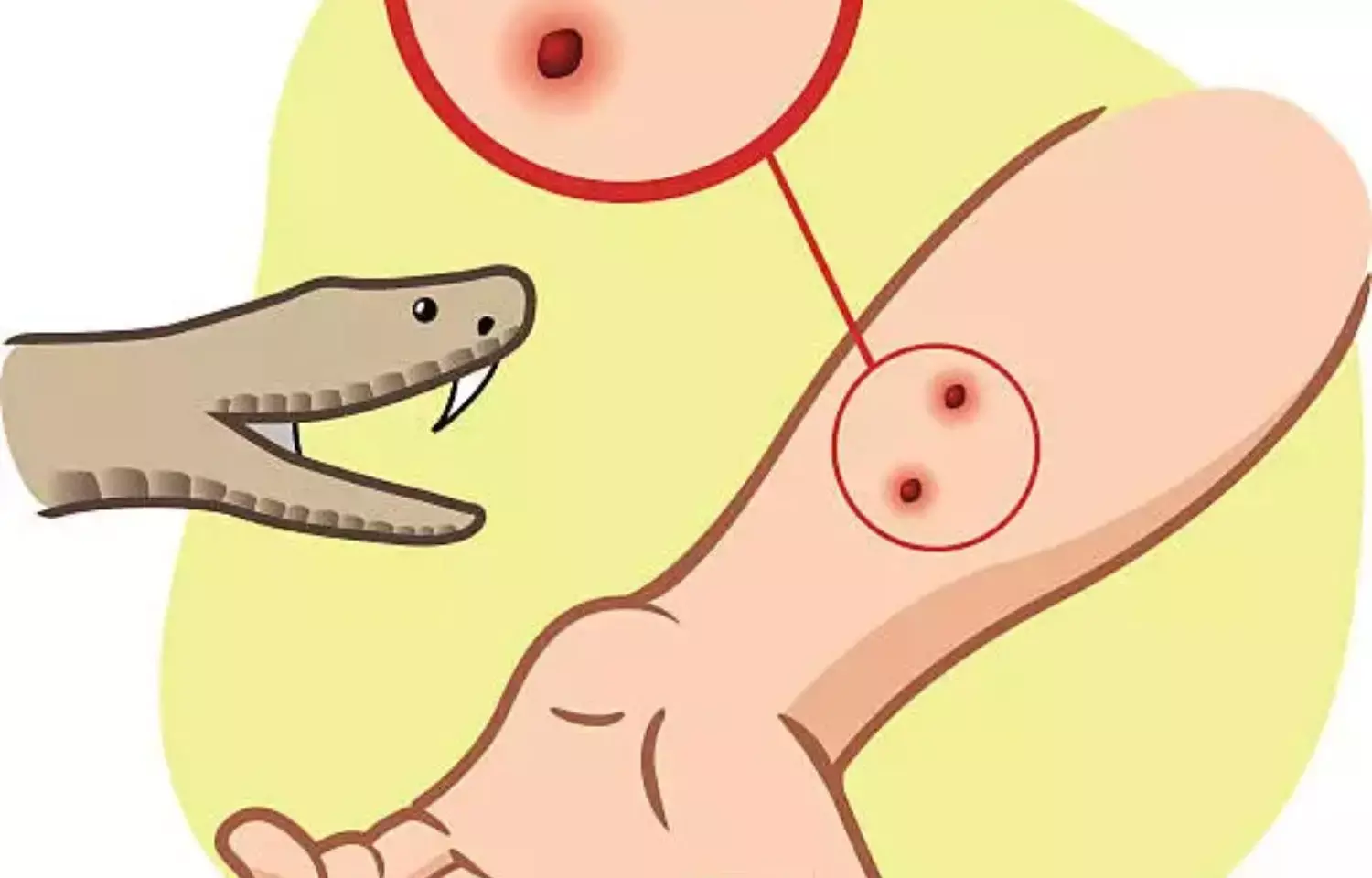- Home
- Medical news & Guidelines
- Anesthesiology
- Cardiology and CTVS
- Critical Care
- Dentistry
- Dermatology
- Diabetes and Endocrinology
- ENT
- Gastroenterology
- Medicine
- Nephrology
- Neurology
- Obstretics-Gynaecology
- Oncology
- Ophthalmology
- Orthopaedics
- Pediatrics-Neonatology
- Psychiatry
- Pulmonology
- Radiology
- Surgery
- Urology
- Laboratory Medicine
- Diet
- Nursing
- Paramedical
- Physiotherapy
- Health news
- Fact Check
- Bone Health Fact Check
- Brain Health Fact Check
- Cancer Related Fact Check
- Child Care Fact Check
- Dental and oral health fact check
- Diabetes and metabolic health fact check
- Diet and Nutrition Fact Check
- Eye and ENT Care Fact Check
- Fitness fact check
- Gut health fact check
- Heart health fact check
- Kidney health fact check
- Medical education fact check
- Men's health fact check
- Respiratory fact check
- Skin and hair care fact check
- Vaccine and Immunization fact check
- Women's health fact check
- AYUSH
- State News
- Andaman and Nicobar Islands
- Andhra Pradesh
- Arunachal Pradesh
- Assam
- Bihar
- Chandigarh
- Chattisgarh
- Dadra and Nagar Haveli
- Daman and Diu
- Delhi
- Goa
- Gujarat
- Haryana
- Himachal Pradesh
- Jammu & Kashmir
- Jharkhand
- Karnataka
- Kerala
- Ladakh
- Lakshadweep
- Madhya Pradesh
- Maharashtra
- Manipur
- Meghalaya
- Mizoram
- Nagaland
- Odisha
- Puducherry
- Punjab
- Rajasthan
- Sikkim
- Tamil Nadu
- Telangana
- Tripura
- Uttar Pradesh
- Uttrakhand
- West Bengal
- Medical Education
- Industry
Rare Case of Guillain-Barre's Syndrome After Snake Bite- A report

Snake bite is commonly encountered problem in India and world-wide. Common neurological presentation of snake bite includes neuromuscular junction dysfunction leading to acute neuromuscular paralysis. But snake envenomation affecting peripheral nerves is rarely reported. Aradhy et al from India reported a post cytotoxic snake bite Guillain-Barré syndrome, which is the sixth case reported till date.
Guillain-Barré syndrome (GBS) is most common cause of acute neuromuscular paralysis caused by an autoimmune process involving peripheral nervous system. The disease presents with progressive flaccid paralysis, areflexia, and autonomic dysfunction without bladder sphincter dysfunction. Neuromuscular symptoms of GBS are preceded by history of acute infective disease involving respiratory or gastrointestinal tract. There are also reports of GBS developing following immunization, surgery, and pregnancy.
In this article, the authors report a case of alll 32-year old man presented with complains of tingling and pain involving all four extremities since 5 days associated with weakness in both lower limbs in the form of difficulty to get up from sitting, walking, and dressing himself. After admission, he also complained of difficulty closing both eyes and slurring of speech. He had no bladder and bowel sphincter involvement. He had snake bite on his right leg 20 days back, and he was treated at local hospital with antisnake venom, tetanus vaccination, and symptomatically. He developed local swelling and pain involving his right leg, which was treated on the lines of cellulitis. Neurological examination showed bilateral facial nerve paresis, proximal power in both lower limbs grade 3/5 of MRC, upper limbs 4/5, deep tendon reflexes were absent, planters bilateral flexor, and sensory examination & autonomic function was normal. His routine hemogram and biochemistry was unremarkable.
Motor nerve conduction study showed increased distal motor latency, reduced motor conduction velocities, and low-amplitude compound muscle action potentials involving both median, ulnar, common peroneal, and tibial nerves. Sensory nerve action potentials were normal. Nerve conduction study was suggestive of predominant demylinating motor neuropathy with secondary axonal dysfunction.
CSF examination was done which showed mild albumino-cytological dissociation (protein 80 mg/dL, Sugar 90 mg/dL, Cells Nil). Patient was treated with intravenous immunoglobulin and physiotherapy. He was discharged with significant neurological improvement.
There is cross reactivity between venom proteins and GM2 gangliosides by Western blot method and proved that the molecular mimicry mechanisms were responsible for autoimmunological etiopathogenesis of GBS. Thereby, due to temporal evidence of snake bite in present case and literature evidence of cross reactivity of venom protein, the authors concluded that the present case is probably secondary to snake envenomation though there is small but significant possibility of causal association with tetanus vaccination too.
Thus, in the present case clinical, biochemical, and neurophysiological evidence were suggestive of GBS with preceding history of cytotoxic snake envenomation. Considering temporal association of symptoms and literature review, present GBS case is probably secondary to snake envenomation though possibility of GBS developing post tetanus vaccination cannot be ruled out.
This is the sixth reported case of GBS preceded by snake bite worldwide and second case from India. As most of these cases developed following cytotoxic snake envenomation, patients with cytotoxic envenomation must be evaluated and followed up for evidence of abortive GBS signs and symptoms that will further strengthen the evidence.
Refernce’
Guillain-Barré's Syndrome Post Snake Envenomation: Rare Case Report and Literature Review
Neurology India
Parag Aradhey, Neeta Gade, Dhanraj Panjwani, JS Kathpal
DOI: 10.4103/0028-3886.375379
MBBS, DrNB Neurosurgery
Krishna Shah, MBBS, DrNB Neurosurgery. She did her MBBS from GMC, Jamnagar, and there after did direct 6 Year DrNB Neurosurgery from Sir Ganga Ram Hospital, Delhi. Her interests lie in Brain and Spine surgery, Neurological disorders, minimally invasive surgeries, Endoscopic brain and spine procedures, as well as research.
Dr Kamal Kant Kohli-MBBS, DTCD- a chest specialist with more than 30 years of practice and a flair for writing clinical articles, Dr Kamal Kant Kohli joined Medical Dialogues as a Chief Editor of Medical News. Besides writing articles, as an editor, he proofreads and verifies all the medical content published on Medical Dialogues including those coming from journals, studies,medical conferences,guidelines etc. Email: drkohli@medicaldialogues.in. Contact no. 011-43720751


